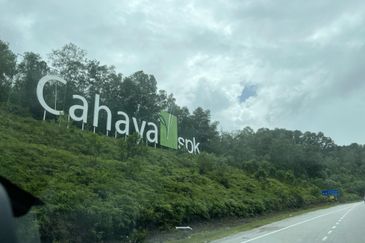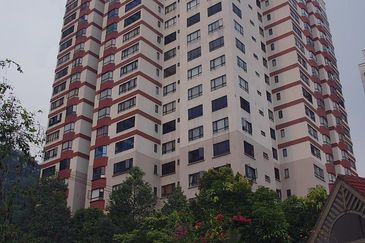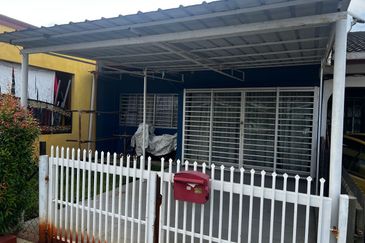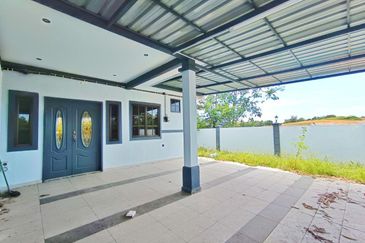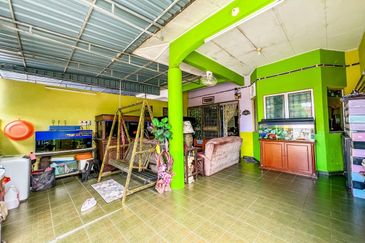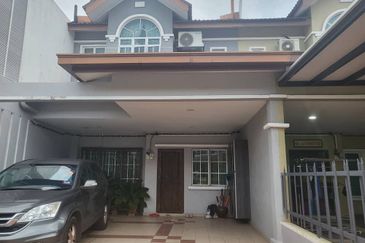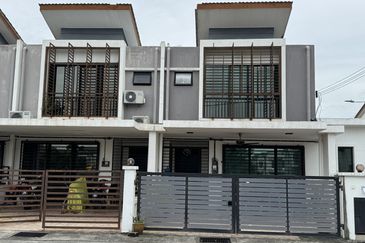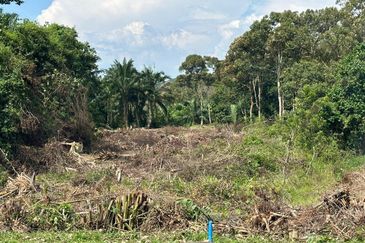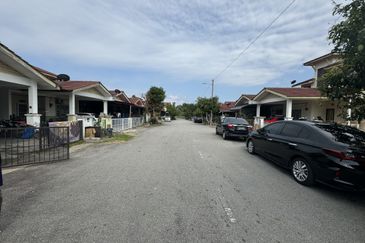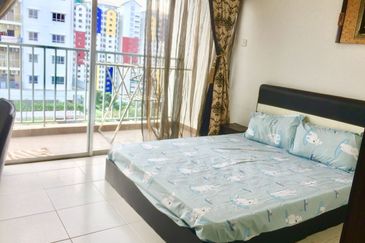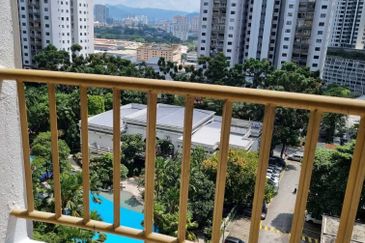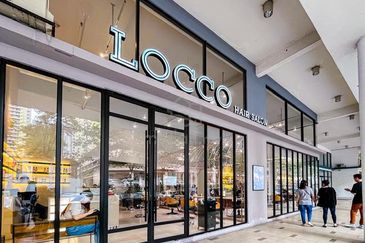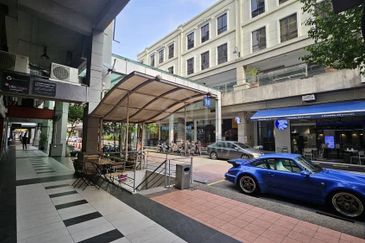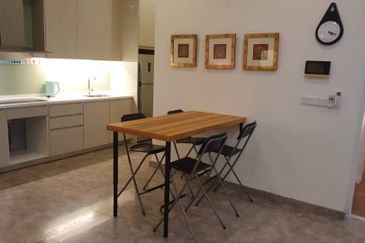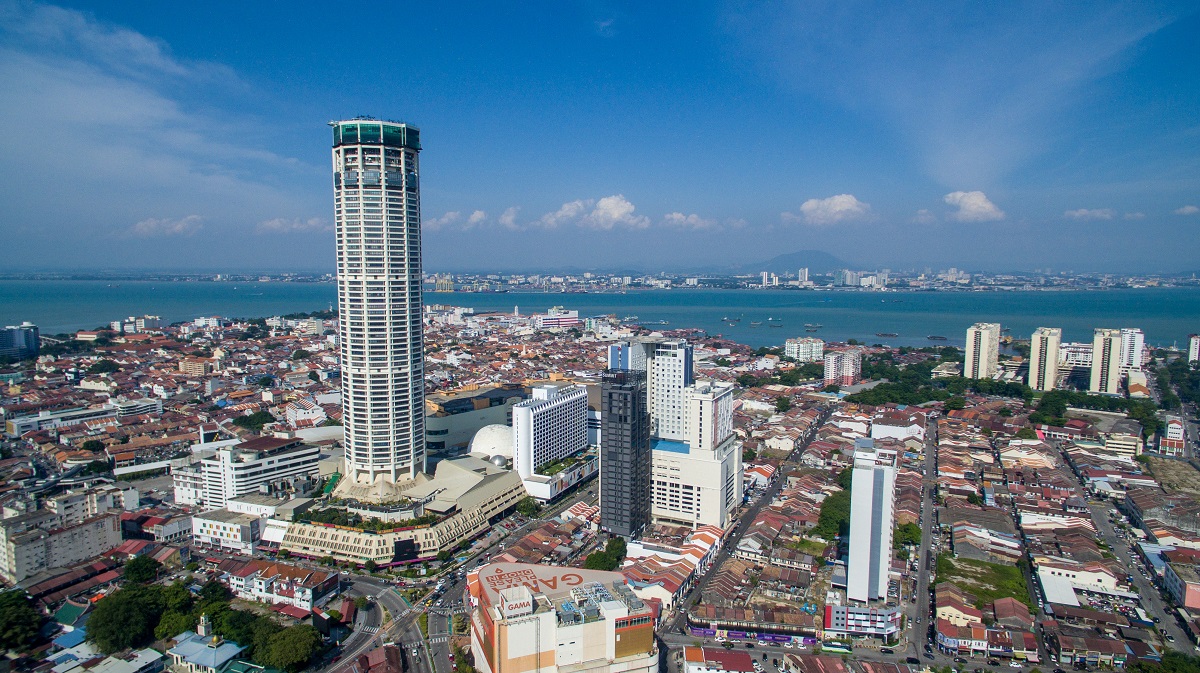
- “The current guidelines proposed by the Penang government in July 2022 pose severe constraints on domestic and international travel to Penang; and will be detrimental to the state’s tourism industry and long-term economic growth.”
KUALA LUMPUR (Jan 20): Airbnb yesterday announced that it has shared “detailed feedback and policy recommendations” with the Penang government’s executive committee in light of the state’s plan to regulate local short-term rental accommodation (STRA).
Aimed at empowering local residents, these recommendations are focused on a balanced and simple approach towards regulating STRA, and are shaped by regulations that have been effectively adopted by global jurisdictions around the world, stated Airbnb in a media release.
“For strata buildings with commercial titles which are already zoned for commercial activities, Airbnb’s proposed recommendations call for STRA to be allowed by default in all strata buildings.
“For strata buildings with residential titles, building residents should be able to continue using the existing Strata Management Act 2013 (SMA 2013), to collectively decide with a 75% vote via their Joint Management Body (JMB) or management corporation if any conditions or restrictions around STRA should be implemented,” said Airbnb.
Airbnb has also suggested introducing a simple and low-cost online authorisation portal to ensure the registration process for Hosts is straightforward and accessible.
“The current proposed guidelines by the Penang government require an onerous process via which all Hosts must have registration with the Malaysian Companies Commission (SSM) and submit physical forms to apply for additional licenses from local authorities,” said Airbnb.
More specific recommendations by Airbnb include:
*Doing away with a suggestion on cap on booking nights, as this severely limits guest travel and undermines ongoing efforts to promote Penang and Malaysia as a preferred Digital Nomad Hub. The Penang government is currently looking to implement a 180-night cap, and a three-day per week guest occupancy limit.
*Allowing all tax-paying residents in Malaysia to engage in short-term rental, and maximise the economic benefits from the home sharing economy. The state government is proposing that short-term rental can only be conducted by Malaysians, and registration with the Malaysian Companies Commission (SSM).
“We strongly believe that as tourism gradually recovers, STRA and Airbnb's community of Hosts and guests will be a key driver for Penang’s tourism industry, and more broadly the Malaysian economy.
“The current guidelines proposed by the Penang government in July 2022 pose severe constraints on domestic and international travel to Penang; and will be detrimental to the state’s tourism industry and long-term economic growth,” said Mich Goh, Airbnb’s head of public policy for Southeast Asia, India, Hong Kong and Taiwan (pictured).
“Robust regulations that address key issues while appropriately recognising and embracing STRA as part of the tourism industry will go a long way to help Malaysia capitalise on the benefits of home sharing, as the country gradually recovers from the impact of the Covid-19 pandemic and the current property overhang.
“More keenly, it will help everyday Malaysian Hosts with a passion for home sharing make ends meet and offset rising costs of living,” she added.
Airbnb has previously urged Putrajaya to consider and support a national regulatory framework to ensure that STRA rules are uniform across the country.
“A national system would reduce the administrative burden on Hosts and state authorities, and encourage compliance with the STRA legislation,” stated Airbnb.
TOP PICKS BY EDGEPROP
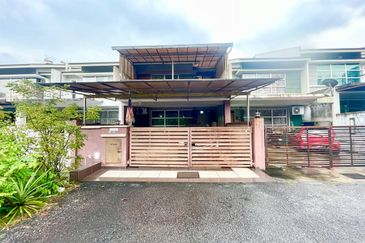
Taman Mawar, Bandar Baru Salak Tinggi
Sepang, Selangor
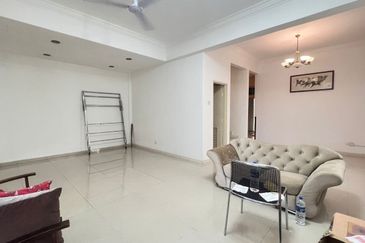
Taman Damai Impian 2
Bandar Damai Perdana, Selangor
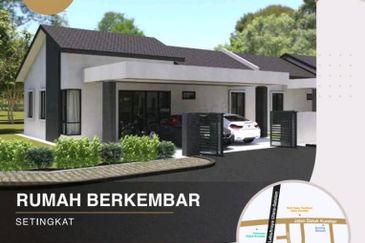
TAMAN JATI (TAMAN TIARA MAS) - DERGA
Kota Setar, Kedah


